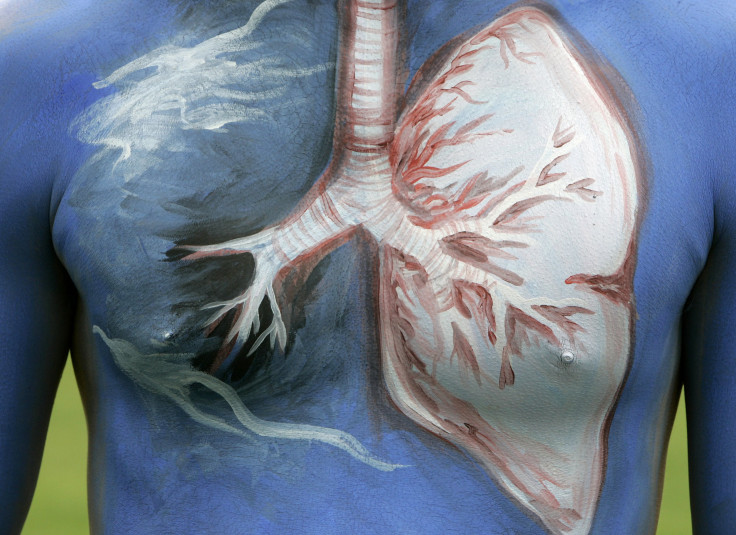Drug Breakthrough: Asthma May Have A Cure Soon

The researchers at the Cardiff University and Kings College London speculate that a novel drug breakthrough may soon cure the 300 million asthma sufferers across the globe. This poossibility has been raised since the researchers identified the cells that constrict the airway due to an allergen which result in asthma attacks.
The researchers conducted their study using the mouse models of asthma and the tissue present in the human airway obtained from both asthmatic and non-asthmatic people. The team first identified the role of calcium sensing receptor (CaSR) in causing symptoms that lead to asthma attacks. The symptoms, triggered by an allergen or an irritant, include airway narrowing, inflammation and twitchiness.
The team then observed that a class of drugs, called calcilytics, were able to successfully deactivate the CaSR cells in the airway when nebulised directly into the lungs. This consequently helped to reverse all the symptoms associated with asthma. Calcilytis is a drug used for the treatment of bone diseases. The promising results have raised hopes for the researchers to devise a futuristic method of preventing asthma attacks in patients, thereby completely eliminating the need for an inhaler or a breathing device.
"This research looks very interesting as all new insights into the mechanism of asthma and possible new treatments could be helpful and we look forward to future developments. However, patients are best advised to continue to try to avoid triggers and use preventive medications regularly to maintain control of their asthma," said Professor Richard Costello from the Asthma Society of Ireland, reported The Independent.
Inflammatory lung diseases, such as chronic obstructive pulmonary disease (COPD) and chronic bronchitis, have no permanent cure to date and are speculated to become the third biggest killer disease across the globe. The researchers aim to find a cure for these diseases using the latest research findings.
The study has been published in Science Translational Medicine journal.
To report a problem or to leave a feedback on the article, send an e-mail to emailtoguneet@gmail.com.





















